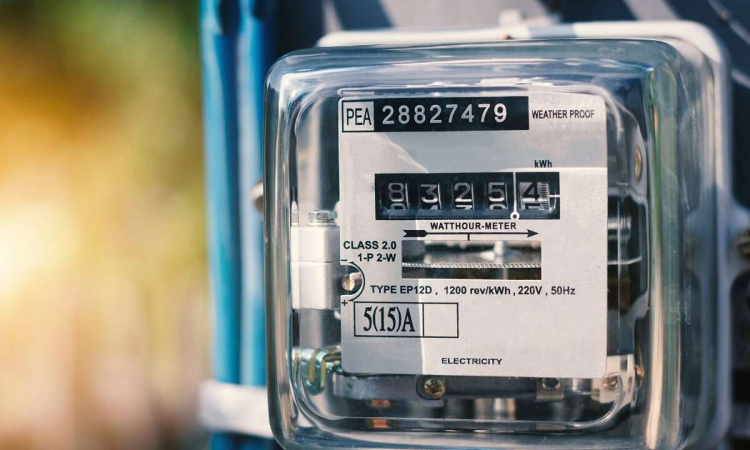Special/Add Distt & Sessions Judge Can Take Cognizance Of Offences Under The Electricity Act: Allahabad High Court
Sparsh Upadhyay
18 Jan 2022 7:52 PM IST

Next Story
18 Jan 2022 7:52 PM IST
The Allahabad High Court has observed that a Special Judge (E.C. Act)/Additional District and Sessions Judge has jurisdiction to take cognizance of offences under the Electricity Act, 2003 notwithstanding Section 193 of CrPC by virtue of Section 153 of the Electricity Act.The Bench of Justice Rajeev Misra concluded thus while hearing a Section 482 application filed by one Gulfam challenging...
